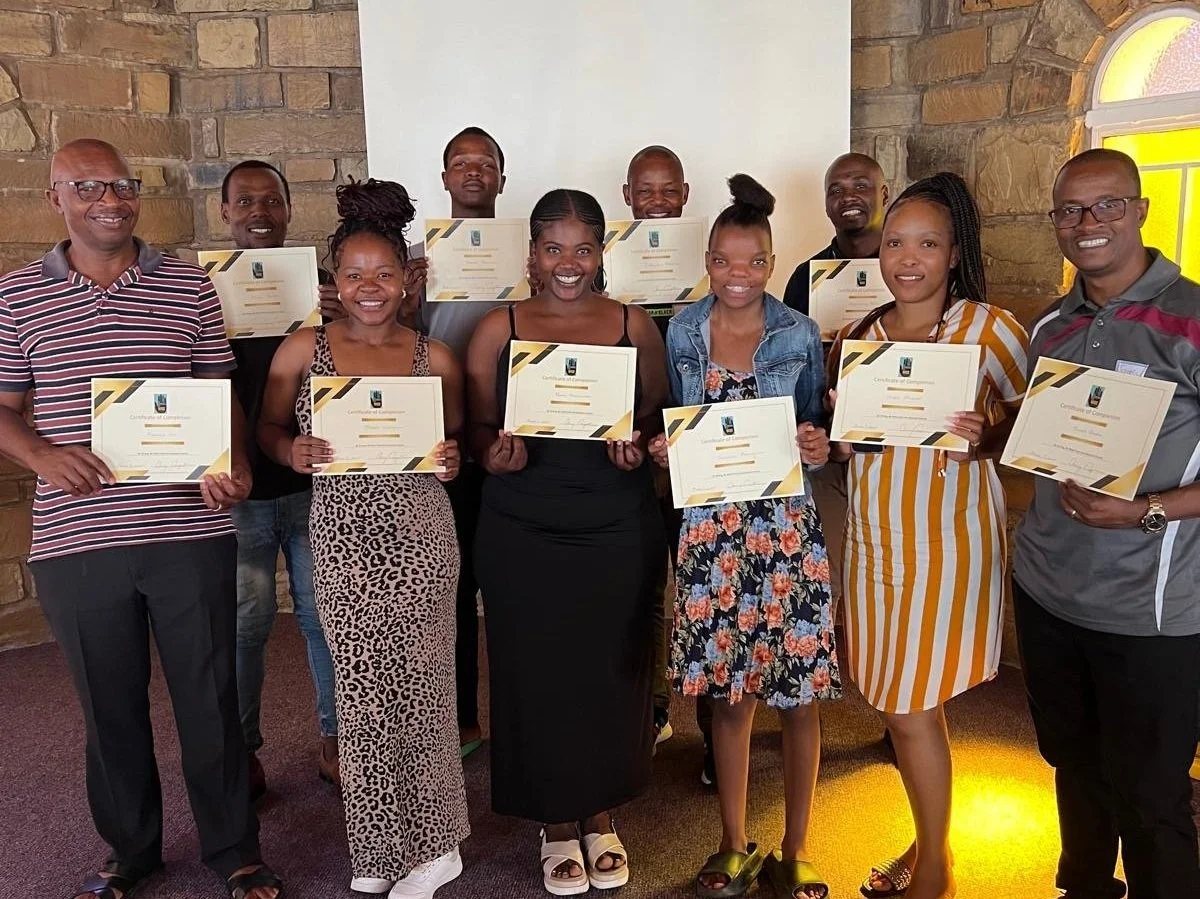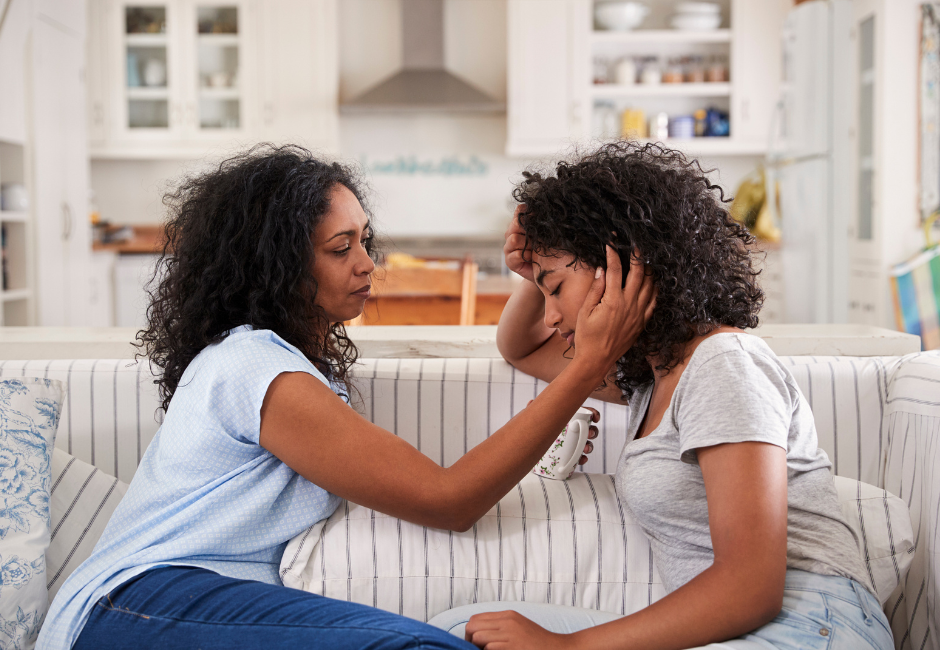How to Know What You Need to Know About Sexual Safety
Understanding the Variables That Increase Risk
“What we don’t know can’t hurt us” is an old adage similar to “ignorance is bliss.” It basically means that if we have no knowledge of whatever unpleasant thing, we are often more comfortable then if we do know about it. Of course, there are many ways in which this philosophy falls short, but in the realm of sexual assault prevention, it’s dangerous.
And yet, “What we don’t know can’t hurt us” is how most people approach a hard topic like sexual assault awareness. There’s just too many pitfalls where fear can get the better of us, especially when it involves worry over the safety of our children.
This is why Be Strong, Be Wise spends as much focused energy on educating adults as we do on educating youth. For adults who wonder “where do I begin?” with understanding a topic as vast as sexual safety, we try and pave the road more clearly. Our philosophy, “Be informed, not afraid” runs counter to ignorance is bliss, because being informed can make a huge difference in a moment of danger.
Understanding the variables, or factors, that increase risk is a great way to be informed, because a small degree of knowledge can go a long way.
Read More
How Sex Education Combats Gender Based Violence
Reflecting on Jimmy Carter’s Mission
It’s fair to say that one of the marks of a truly civilized society lies in the ability to keep its citizens safe. Regardless of technological advancement, if members of the populace are vulnerable to violence, then the culture as a whole remains primitive.
Whatever failures Jimmy Carter possessed as a President, his aptitude for Compassion and Wisdom were not among them. One of the most infamous examples of this centered around his outspoken admonition against Gender Based Violence (GBV). "The abuse of women and girls is the most pervasive and unaddressed human rights violation on earth," said Carter.
Viewing violence and discrimination against women as critical human rights issues, Carter was outspoken in declaring that as long as women and girls aren’t safe, all facets of society suffer. Gender based violence renders a supposedly civilized society uncivilized.
Carter was President of the US from 1977 to 1981. According to Bureau of Justice statistics, the victimization rate for rape was 1.6 per 1,000 people in 1980. Currently, the sexual assault rate is 1 in 4 girls, 1 in 6 boys.
Read More
The Benefit of Straight Talk with Teens
How Sexual Assault Awareness Begins with Self-Awareness
When responding to social problems, pointing fingers at ourselves or others never gets us far. We end up bitter and closed-minded, unable to see past the tip of our finger, and no better than where we started. But that’s what most humans do, especially in a polarized culture like ours. In response to fear or pain, we instinctively point the finger.
I’ve been on the receiving end of the finger point on more than one occasion. You can’t take on a social problem like sexual violence among our youth and not receive a few finger wags. The reasons for this vary and, at times, contradict. I’ve been accused of victim-blaming as well as male-bashing. I’ve been told I’m teaching “too much” as well as “too little.”
I’ve been told I’m encouraging sexual activity by talking about sex at all. Each time I find myself on the receiving end of these accusations, a great heaviness fills me. Really? In the vast scheme of concerns for today’s young people, we’re going to waste time on whether we should or should not be discussing sex with them?
Read More
Be Strong, Be Wise - South Africa
Planting Seeds in Kwa-Zulu Natal
Two years ago, my month-long stay in South Africa was spent primarily in the majesty of the Drakensburg mountain range where I delivered two day-long workshops, toured with my family, and spent time with Barbara and JD Borgman. Somewhere along the way in those wonderful weeks, I fell in love with the country.
It’s now 2025 and I have been here three months, traveling and working in various villages and townships and marveling at the receptivity and openness of the culture. At the base of the layered cliffs of “The Berg,” among cascading green hills speckled with cattle, dwell the Zulu people. I’ve spent time in the tribal outskirts, entering only when invited, and even then, given a whisper of understanding of what it means to be Zulu. What I’ve discovered can be summed up in three words: Generosity of Spirit.
Perhaps my love for the country fueled the partnerships Be Strong, Be Wise - South Africa has developed. But more likely there is a readiness that has been likewise building in the hearts and minds of the people I’ve had the honor of working with.
Read More
Combatting the Silence of Sexual Violence
Uncovering the Blind Spots of Fear Versus Love
Love is one of the greatest forces on earth. For young people, it can feel as though a great paradise has been found when new love offers its first gifts. Many of us remember our own first experiences of love; that float-on-air sense that everything in life has taken on a new shine just because of the way we feel.
Of course, as with all things, love has the ability to harden into its opposite: fear. With fear comes the need for power and control, forces that extinguish the warm gifts of love.
While we all want our young people to experience more love than fear, we are in a time where the evidence of love is harder to find, while the evidence of power and control feel omnipresent. In order to facilitate love’s access point, we have to explore the shadows where power and control exist.
Read More
Combatting Teen Dating Violence Through Emotional Intelligence
How do we respond to increased assault and harassment among teens? How do we equip them with the skills needed to defend their safety when threatened? By helping them build the trait that is most likely to ensure their relational success: Emotional Intelligence.
However, study after study indicates the social/emotional impairment resulting from excessive screen use. The academic journal, The Conversation (Sept. 21, 2023) reports:
“A Beyond Blue survey of more than 2,000 teachers identified mental ill-health and excessive screen time as the biggest problems facing their students. Comments from teachers revealed a perceived lack of social skill development in children and teens. As one wellbeing specialist said, young people: are not learning social awareness. They’re not learning how to read emotions. They’re not learning body language.”
Read More
Creating an Effective “Join-Up” With Young People
What Are the Top Ten Questions to Ask Teens About Sexual Ethics
In a time when sex education is severely limited (in many states to an “abstinence only” approach), it becomes imperative for caring adults to hold the hard conversations that fill in the gaps of what teens are not learning at school. The challenge for many is that we often project fear into these conversations. Fear that young people will reject our attempts; fear that we won’t know what to say; fear that there is just too much to cover so where do you start? All of these are common concerns when exploring sexual ethics with teens.
An extremely helpful starting point, for one’s own peace of mind, is to remember that having any conversation is better than having none.
Read More
From Confusion to Clarity
How to Engage with Teens on the Subject of Consent
When it comes to consent and teens, there can be as many questions as there are answers. What do they know? What do they not know? There are endless amounts of information available on the topic, but how much of it is getting into the hearts and minds of young people? One can hardly walk through the halls of any given high school and not see posters directed at teaching students the meaning of consent. And yet, studies continue to show that most teens are confused by it. Something is not adding up. Given the messages teens receive in the media, we can no longer assume that a basic understanding of consent will stand firm against the tidal wave of misogyny and violent imagery that young people come across on their screens, as well as the tidal wave of conflicting information.
Read More
“It Was an Animal That Had to Be Fed”
Understanding Toxic Peer Pressure: One Man’s Survivor Story
As I prepared for the zoom call that day, I knew I would hear a difficult account of sexual assault. What I didn’t know was how much James’s story would exemplify the risk variables we explore so often in our course. James, my friend and fellow advocate, had been waiting to share what happened to him at age seventeen, a story he had never told anyone but his wife. As I listened, the details stood out to me- those aspects of the account that James had been haunted by for more than three decades. The details were what he was keen to tell me, having been locked inside of him for so long. Within them, we find disturbing trends of toxic masculinity and peer pressure that have reached a fevered pitch today and are creating intense challenges for teens.
Read More
Listening to LGBTQ+ Youth
The Destructive Force of Purity Culture on Self Esteem
In a series of interviews conducted earlier this year, I had the honor of hearing first-hand what LGBTQ Youth had to say on several subjects pertinent to every teenager: dating, social media, adult support (or lack thereof), homophobia, and the strengths of the new generation. It was inspiring to learn from each participant as they responded to some of the biggest influences in our culture. In the following article, I feature one of these voices. Here, you’ll read a personal account of the impact that “purity” based teaching has on young people, especially those who identify as LGBTQ. My guess is you will be as blown away as I was with the vulnerability and wisdom this young person brought to the table. When adults listen to the needs and perceptions of non-cis teens, we not only increase connection, we’re better able to support a population at higher risk of sexual assault and harassment.
Read More
When a Teen Has Been Sexually Assaulted
Recognizing the Signs and Responding to Disclosure
While it’s frightening for adults to think about, the reality is that sexual assault statistics for teens is on the rise. Since it’s better to be in the know than in denial, here you’ll find the signs to look for as well as information on how to respond when and if someone you care about has been assaulted. Eighty percent of assaults occur with a known offender, which means there is often a relationship at stake. Given the increase in peer-on-peer assault cases, it can be difficult for victims to disclose at first. You may instead see changes to their behavior before anything is said aloud. It’s important to trust the readiness of each individual to discuss their experience when they are able. Nevertheless, certain signs often accompany an experience of sexual trauma.
Read More
Breaking the Cycle: Navigating Victim Blaming and Gender Expectations with Teens
“Why is there so much victim blaming everywhere?” asked my young student, as we explored gender and culture and the forces that affect sexual safety for teens. She’s not alone in asking the question. As an educator, I myself continually try to wrap my head around it because the answer is multi-layered, existing in different areas that impact us daily. For example, with assaults overwhelmingly affecting girls, people of color and LGBTQ plus youth, we have to examine internalized sexism, racism and homophobia as contributing factors. If we examine these assumptions, assumptions that victims are forced to navigate as part of the legal process, we can understand how victim blaming in the legal arena influences victim blaming in our thinking.
Read More
To Please or Pester
The Intersection of Gender Norms and Teen Dating Violence
During February’s Teen Dating Violence Awareness Month, we have an opportunity to dig a little deeper into the forces affecting the choices teens make when it comes to something supremely important to them: dating. In many ways, the birds and the bees function as they always have. Teens of all genders and preferences are drawn romantically and sexually to other teens of all genders and preferences and hopefully along the way, the healthy end goal is met: a reciprocal attraction. But what happens when there is not a reciprocal attraction? What happens when the romance takes place via screens? Or under the influence? Or under coercion or manipulation?
Read More
Teen Boys, Mental Health and the Rise of Sextortion
Each year, thousands of teens fall prey to blackmail, harassment, stolen personal information and sexual manipulation. The statistics on the issue are so disturbing, we’re at risk of numbing out due to the fear and overwhelm we ourselves can feel. But we can’t numb out, not when there are so many practical steps we can take to address it. Sextortion, sometimes known as "catfishing," is when someone is coerced into sending explicit images online and extorted for additional images or money. Young people are often targeted by someone they met online who obtained a sexual image from them through deceit, coercion, or some other method.
Read More
When a Teen Has Been Cyber Bullied
How Adults Can Be Allies on the Road to Healing
Some of the most worrying experiences adults go through on behalf of young people have to do with people they will likely never meet, and a network of social connections they will likely never gain access to. Cyber bullying takes many forms, and all of them can impact teens’ mental health. While we always want to encourage reporting, we also need to be the allies they turn to in managing the difficult feelings afterward. This may or may not include a discussion of the details of the bullying if a teen is unwilling to share, but will certainly include an acknowledgement of their thoughts and feelings.
Read More
Gender Norms and Teens
Finding a Voice Amid the Noise
It’s the tale as old as time; one that we all have lived in our own way with our own personal stories. Girls are expected to be affable; boys to be assertive. Girls are sensitive; boys are tough. Girls tend to nurture, boys tend to compete. The cultural forces that go into shaping the identities of boys, girls and non-binary teens are replete with gender expectations that have less to do with the individual essence of each teen, and more to do with the categories we are (consciously or no) happy to place them in. That’s why I loved Barbie. As someone who helps teens explore the negative impact of sexism on relationships, I was delighted to see a movie that portrays that impact so poignantly.
Read More
“I Haven’t Seen a Curriculum Like It Anywhere”
What Schools Are Saying About BSBW
It’s the back-to-school time of year when the alarm clock sounds early and when families adjust to new schedules and busier days. Teachers who have prepared their classrooms, welcome a new tide of students for a year of growth and learning. Returning to fall routines can feel both hopeful and daunting, depending on the individual and the experience of school thus far. Back-to-school is also a time to check in on what parts of the school experience are “working” for students and teachers. What is increasing hope? If there are challenging aspects, what steps are being taken to address them?
Read More
“Overall, I Don't Think Social Media Has Had a Positive Effect on Dating for My Generation”
An Interview with Two Young Adult “Experts” on Dating in the Digital Age
Social Media is both a blessing and curse for young people, as humans of any generation would agree. Social media creates connections, job opportunities, information, and (sometimes) uplifting content. Of course, there’s an enormous negative side as well, representing the struggle adults have with how much time teenagers spend on their phones.
Read More
Translating Screen-Time to “Me Time”
Translating Screen-Time to “Me Time”
Most caring adults would prefer that their young ones spend less time online, and so most households engage in their own debate over the issue. But since there is no going back from the digital age, it’s important to name the ways that media exposure is positive for youth. They have the ability to: connect with needed support systems, create an online presence, join a social network, or access information quickly and efficiently. Most classrooms encourage digital research as a foundational component to education, which equips young people with the skills needed in higher education and the world at large.
Read More
Protect and Respect
Teaching Teens About Sexual Ethics Means Getting Past The “Worry Block”
Sometimes the longest road is the one most traveled. When I was parenting my then-teenage daughter, I re-visited fear more times than I needed to. As an assault survivor, I feared she might go through a similar experience and that fear became an obstacle to her safety. Knowing it took me decades to heal from my own sexual trauma, I worked over-time in the worry department. The fact that I treat sexual trauma as a clinician, didn’t help matters much. I had the added worry of knowing how hard it was for my clients to heal from these painful stories, especially when it came to the self-blame and shame that so often accompany sexual trauma.
Read More




















